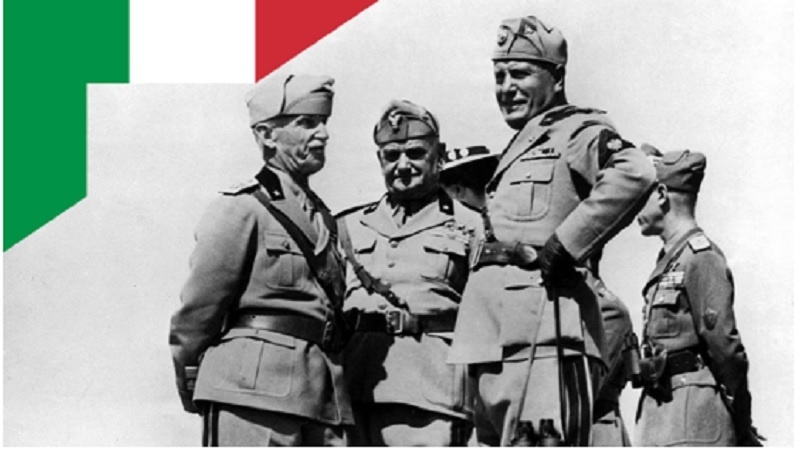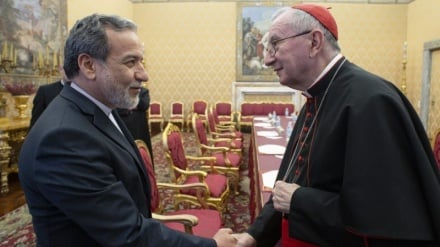Will Italy start paying colonial reparations to Ethiopia? / Massacres should not be forgotten
-

Will Italy start paying colonial reparations to Ethiopia? / Massacres should not be forgotten
Pars Today - During Italy's colonial war in Ethiopia, the American representative in Washington sent a telegram stating that the Italians were mercilessly shooting people and setting houses on fire.
On February 19, 1937, Italian forces launched a three-day massacre in Addis Ababa, resulting in the deaths of up to 20,000 Ethiopians. This event is rarely mentioned in Italian history, where public discussions still romanticize colonialism.
Italy, one of the European colonizers in Africa, committed heinous crimes and violence in Ethiopia under the pretext of building an "Italian Empire" by Benito Mussolini. These crimes included massacres, burning of villages, and destruction of agricultural products to suppress Ethiopian resistance. Italian forces systematically arrested and deported resistance leaders to horrific camps like Danane in Somalia.
One of the most horrific events in Italian colonial history was the attempt to assassinate Rodolfo Graziani, the Viceroy of Ethiopia and Governor-General of Italian East Africa, in Addis Ababa. In this attempt, two Eritrean patriots threw several grenades at Graziani, killing seven people and injuring many others, including Graziani. This incident led to Italian forces brutally attacking people and setting their houses on fire.
Italy's crimes in Ethiopia, including widespread massacres and brutal torture, were documented by foreign witnesses. American and French diplomats reported shocking reports of these crimes. For example, the American representative in Washington sent a telegram stating that the Italians were mercilessly shooting people and setting houses on fire. A French diplomat described the event as a program where bodies were piled up without proper burial and set on fire with gasoline.
These crimes were not only forgotten during their time but also in the years following World War II. Ethiopia tried to bring Italian war criminals to trial, but due to the Cold War and the Allies' support for Italy, these efforts failed. Many Italian war criminals were never prosecuted for their actions in Ethiopia and were even remembered as national heroes.
This deliberate forgetting was also reflected in Italian public culture, where colonial memories were portrayed in a positive and romanticized way. Narratives that only focused on the construction of infrastructure and improvement of land by poor Italian immigrants replaced the harsh realities of colonial violence and crimes.
However, in recent years, with the rise of social and political movements like Black Lives Matter and Rhodes Must Fall, discussions about colonial legacy and subsequent responsibilities have begun in European countries like France and Belgium. These movements have managed to increase public awareness of colonial history and demand a re-examination and criticism of the past and its consequences.
In Italy, too, changes have begun. In October 2022, the Rome City Council decided to review the names of colonial places. This decision followed the efforts of the Yekatit 12-19 February Network, which aims to promote knowledge and critical discussions about Italian colonialism and its legacy.
Thus, perhaps Italians will gradually start to remember their bitter history on February 19 and its impact on the present. This remembrance can be an important step towards paying reparations from colonizers to the nations affected by colonialism.
MG
Key phrases: Italy and Ethiopia, Western colonizers, war criminals


